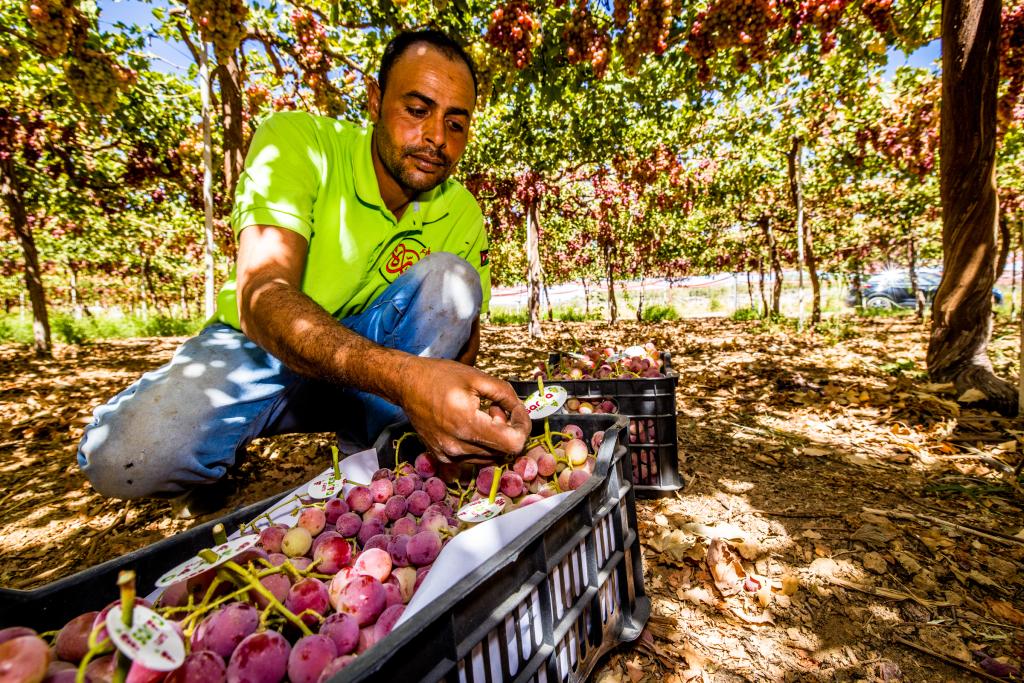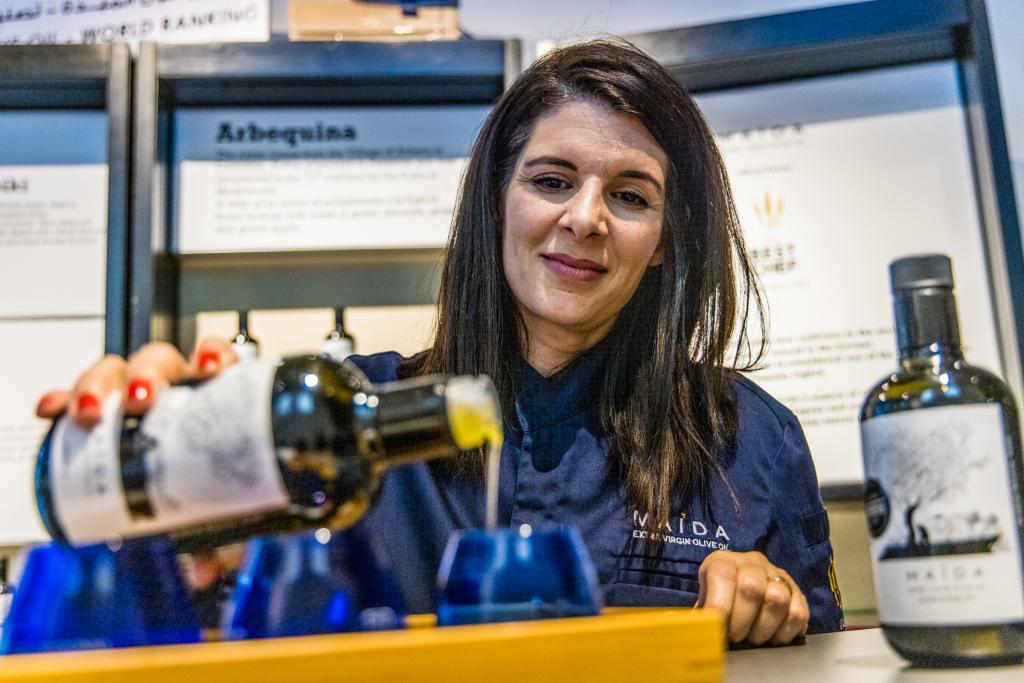5 tips to export to new markets based on Jordanian projects

In recent years, CBI and partners finished projects in the olive oil, apparel, and fresh fruit and vegetable sectors in Jordan. The projects aimed to set up sustainable value chains, introduce innovative technology, and help explore opportunities in the European Union (EU) market. Here, we share 5 tips based on lessons learnt.
Through our projects, CBI supports the transition towards sustainable economies, by helping small and medium-sized enterprises (SMEs) and Business Support Organisations (BSOs) in emerging economies to enter new markets, and build sustainable trade relations.
Why Jordan?
Jordan is an interesting country for the European market. For example, some of the oldest olive trees in the world are a source for premium and unique oil. Next, the apparel sector is most promising because of its high production, quality, sustainability and innovation standards. Also, Jordan produces large volumes of fresh fruit and vegetables, thanks to the country's different geographical climate zones, making it possible to grow fruit and vegetables throughout the year.
Tip 1: Learn about market requirements
If you want to export to new markets, knowing which regulations to meet is essential. For example, on:
- Product processing;
- Packaging;
- Quality standards;
- Certification;
- And so on.
During the Fresh Fruit and Vegetables (FFV) project in Jordan, participants could attend training sessions. Here, they learnt about EU market requirements. They also received help in preparing for Global GAP and BRC certification and improving quality standards. This resulted in greater awareness and in improvements in their production facilities and how to focus more on CSR and responsible business practices.

Tip 2: Be aware of your social and environmental responsibility
Corporate Social Responsibility (CSR) is vital for your company’s export development. Due to developments in European legislation, you should ensure that your company meets regulations on social and environmental levels. CBI looks for opportunities to reduce CSR risks in all projects.
During the FFV project, training sessions helped participants to become more aware of their responsibilities. For example, they learnt:
- Which kind of pesticides the ERU recommends (or not);
- How to organise their storage and waste material;
- How to treat their employees; and
- About the proper organisational health and safety measures for their employees.
They learnt that CSR is not something you do but something you are. It influences every decision you make in your way of doing business.
Tip 3: Improve your branding
For a recognisable and professional presentation, it is important to improve your branding. Not only does this help if you want to take your brand to a new market, it also helps you properly visualise your company's mission. Improved branding can, for example, help with:
- Showing your expertise and unique qualities;
- Sector promotion; and
- A stronger position and reputation.
In Jordan, the olive oil sector developed a new country brand identity. This has enabled them to jointly strengthen their position as a sector and communicate how they want to share their tradition in other markets. They use the brand for (inter)national visibility in their marketing on trade fairs, social media and their website.
The JEPA association for the fresh fruit and vegetable sector also improved its brand identity. Thanks to a renewed layout and logo, the sector now has a professional image, which allows it to participate in major international trade fairs recognisably.

Tip 4: Learn how to adapt and be flexible
Exporting to a new market requires flexibility. For example, buyers may have specific demands. Jordan's garment sector is well-positioned to meet the needs of European buyers looking for alternative sourcing destinations. It offers flexibility in terms of:
- Smaller orders;
- Near-sourcing;
- Innovative materials; and
- CSR compliance.
During the Jordan Apparel project, CBI supported participants in designing and producing modest wear collections and creating a collective fashion brand. Although the companies are relatively small and had no experience in exporting, they showed that they can successfully connect with buyers in the EU.
Another example is the fresh fruit and vegetable sector in Jordan. Between 2012 and 2018, conflict in the region hindered exports and the sector lost ground in its traditional markets. The CBI programme assisted participants in approaching new markets, such as North-West Europe, the Gulf region and Southeast Asia. The main focus was supporting the participants in upgrading their production and organising and creating more awareness of responsible business practices and certification.
Tip 5: Make use of innovative technologies
Technologies are constantly developing. By learning about opportunities in your sector, you can improve your products and sales.
For example, during the apparel project in Jordan, CBI supported the sector in entering the world of online sales, which helped it reach more new customers.
For Jordan’s olive oil sector project, key stakeholders discussed next steps in sustainable water management. They shared examples and innovations in the area of:
- Irrigation;
- Water use during oil pressing; and
- Wastewater treatment.
Knowing how to apply technical solutions on a broader scale, can help your sector become future-proof, and establish its position in international markets.
Learn more
For more information on entering the European market, read our studies on exporting apparel, olive oil and fresh fruits and vegetables. Do you want to stay updated on CBI projects? Find them all on our Projects page.
Stay informed
To stay informed on the latest developments in the olive oil, apparel and fresh fruits and vegetable sectors, subscribe to our newsletter.